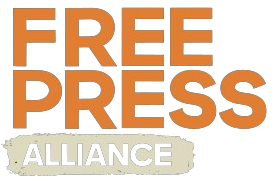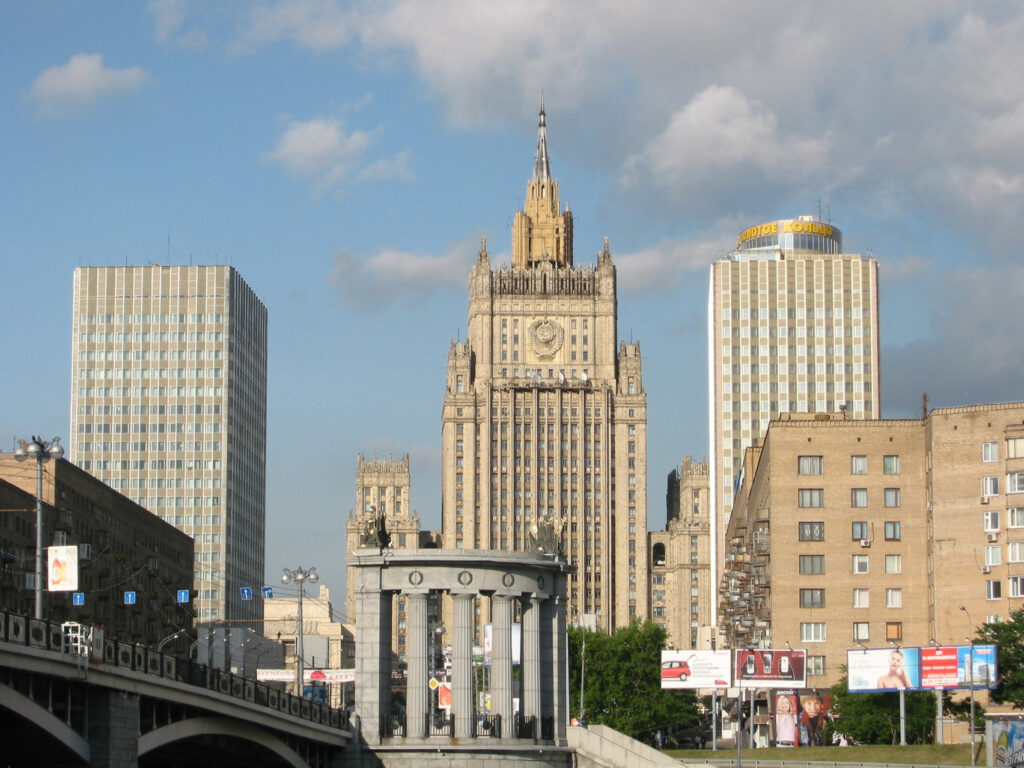On Tuesday, the Kremlin announced a ban on 81 European media outlets, including Agence France-Presse and Politico, in retaliation for the European Union’s recent ban on several Russian media outlets. This move underscores the escalating tensions between Russia and the EU over media control and freedom of information.
The Council of the European Union suspended the distribution of Voice of Europe, RIA Novosti, Izvestia and Rossiyskaya Gazeta in early May, accusing the outlets of spreading and supporting the Russian propaganda and war of aggression against Ukraine.
In response, the Russian Foreign Ministry released a list of banned media outlets from 25 EU member states, accusing them of “systematically disseminating false information about the progress” of Russia’s invasion of Ukraine. The blocked entities include prominent television and radio companies, newspapers, magazines, and online media, such as Germany’s Der Spiegel and Frankfurter Allgemeine Zeitung, France’s Le Monde and Libération, Spain’s El País and El Mundo, and Italy’s La Stampa and La Repubblica, among others.
The Russian Foreign Ministry defended the move as a necessary countermeasure against what it called politically motivated harassment of Russian journalists in the EU. The Ministry stated that it would consider lifting the ban if the EU removed its restrictions on Russian media outlets. Vyacheslav Volodin, speaker of the State Duma lower house of parliament, said that EU’s actions had shown that the West refuses to accept any alternative point of view and “does not tolerate” freedom of speech despite appearing to champion it publicly.
The ongoing media conflict has led to significant repercussions for journalists. This announcement comes as US journalist Evan Gershkovich faces trial in Russia on espionage charges, highlighting the increasing risks for foreign journalists in the country since Russia’s full-scale invasion of Ukraine in February 2022. The EU has banned state-controlled outlets like Russia Today (RT) and Sputnik, while Russian authorities have expelled numerous foreign journalists by revoking their accreditation or refusing visa renewals. Western media organizations have also been withdrawing staff from Russia due to stringent laws penalizing the dissemination of information that discredits the armed forces.

